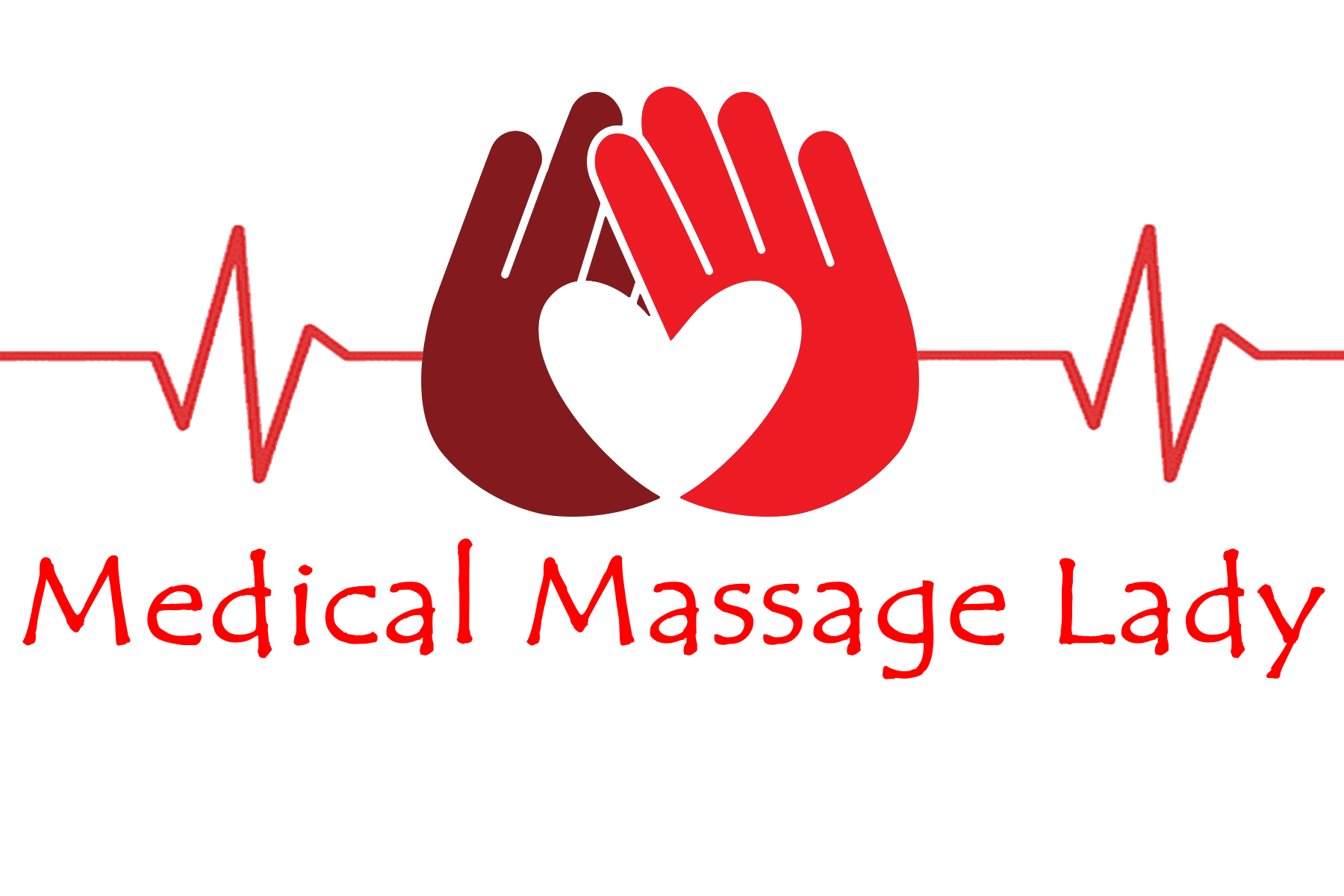- 07736 104738
- sam@medicalmassagelady.com
- Mon - Sat, 8:00 - 18:30
Pregnancy
it's time to put my midwife hat back on and talk about the placenta. We all know about the benefits of pregnancy massage and postnatal massage (and if you don't then look up my previous posts on these topics), and as midwives we sometimes even perform uterine massage to prevent postpartum haemorrhage.
Certainly if there are any issues with the placenta in utero, eg. placenta praevia, placental abruption, placenta accreta, massage is completely contraindicated as the pregnancy becomes high risk and there is an increased risk of a haemorrhage.
We know that massage promotes a healthy circulatory system, helping to transport fresh oxygen and nutrients to the tissues, and this is going to be a benefit during a pregnancy massage too, as the circulation will not only benefit mum, but baby too, as this fresh blood filters through the placenta. However, when we think about sports massage in particular, we talk about elimination of toxins and lactic acid,which may beg the question...does the effect of massage, in terms of promoting lactic acid release, have any kind of detrimental effect on the baby or the placenta?
- Research actually shows that the release of lactic acid from muscle tissue from deep tissue massage is actually quite low, and given that pregnancy massage is sometimes more gentle than even an average Swedish massage, it would seem that there is no cause for alarm
- The placenta will convert around 33% of the glucose it receives into lactic acid, so while lactic acid can cross the placenta, this doesn't appear to be something that is detrimental to the health of the baby. In fact this lactic acid can be used by the placenta, in the same way as muscles, as a metabolic fuel when oxygen may be in short supply
- In the long term the resulting lower pH of foetal circulation can impact on organ development, but it also ensures that foetal growth continues in periods of deprived oxygen. Oxygen supply and uterine blood circulation will impact the amount of lactic acid in the placenta, more than massage will
One should also consider the impact of stress on the immune system, which is essential in seeing the placenta and foetus as 'healthy additions' to the mothers body, rather than foreign bodies that need to be attacked. Through reducing stress and regulating hormones, therefore, massage helps to promote an efficient immune system, which can only benefit the developing foetus.
So now the only question you need to ask yourself about the placenta, is "Are you brave enough to eat it afterwards?"




